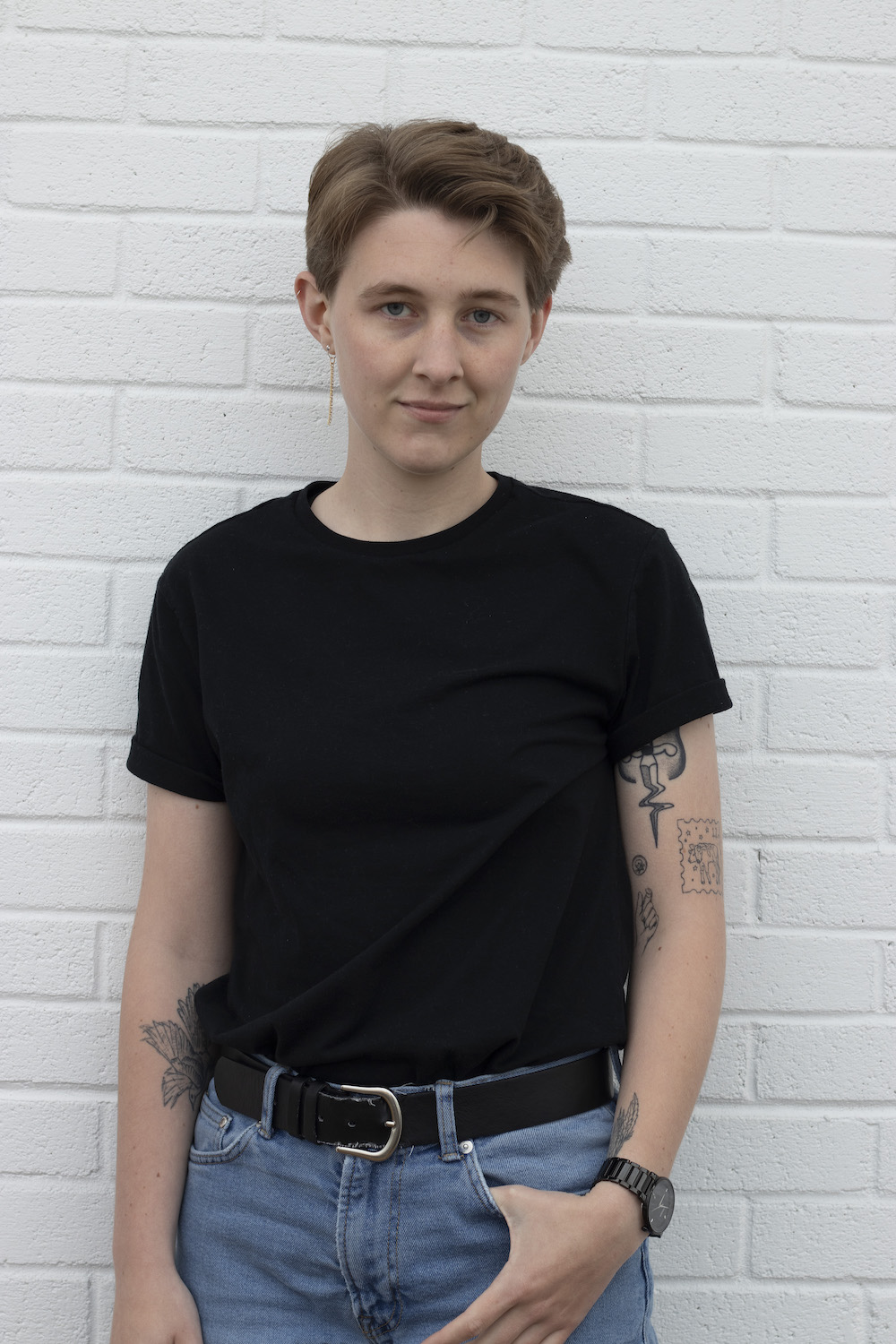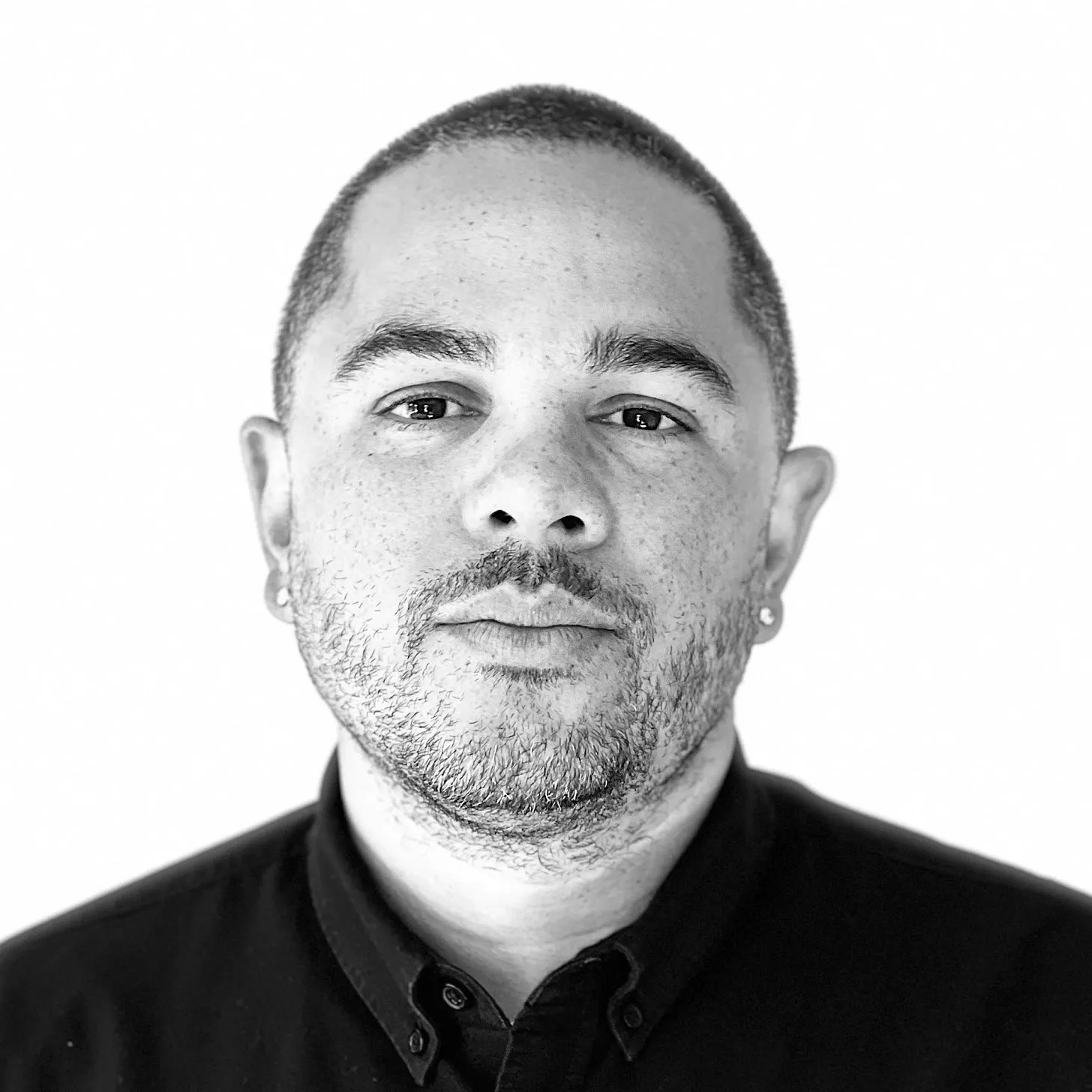I’m not proud to admit this: Every year, when the best-of lists come rolling out, I scan through each one to see if a show I've worked on is on it, sigh if none are, and hope for better luck next year. Maybe you do the same.
These lists always result in the same thing: the congratulatory messages, the social media conversations about who deserved to make the cut, and the old debate about what, exactly, counts as "indie" in the era of the burst podcasting bubble.
But I think we can do something else.
I’m the kind of person who tries to find a nugget of wisdom from every experience, and these days I'm looking a bit closer at those best-of lists. I love me some data about the state of the industry, and these are a great way to see not just what critics and larger outlets are listening to, but what companies are making a splash, what genres are trending, and (especially valuable for those of us pitching) what stories people are looking to produce.
These are my findings, as well as my predictions for what they can say about podcasting's future in 2024. Bright? Maybe. But certainly interesting.

True crime still reigns
I pored over the lists from Time, The New Yorker, Lifehacker, The New York Times, and Vulture and one thing was clear: true crime and investigative odysseys are still king. From two new shows that Serial Productions released this year (The Retrievals and The Coldest Case In Laramie) to Reply All's new successor, Search Engine, podcasting's roots in radio journalism still hold strong in the critical zeitgeist.
This category had the greatest number of list crossovers—that is, shows that appeared in multiple best-of lists—with Magnificent Jerk, The 13th Step, The Big Dig, Grapevine, You Didn't See Nothin, The Retrievals, Search Engine, Next Year In Moscow, The Coldest Case In Laramie, and Ghost Story all receiving more than one nod from media publications.
I’m bundling true crime and general investigative series together, but I should point out that most of the multiple-list shows weren’t strictly about crime. The Big Dig, which made several best-of lists, is a nine-part series “excavating the fascinating history of Boston’s infamous highway project,” as Vulture described it. If you spent any time in Boston during the ’90s, you likely remember the endless piles of dirt and those iconic “ROME WASN’T BUILT IN A DAY” signs. Meanwhile, Next Year In Moscow follows Russian dissenters who left after the beginning of its invasion of Ukraine. The real true crime stories on these lists tend to focus more on abuses of power and status within systems (The Retrievals, The 13th Step) than murder.

Interviews and deep dives make a splash
The formats that were almost neck-and-neck with true-crime in these lists were the chat show/interview-style podcast and the topical deep dive. In each genre, I only found one show repeated across multiple lists: Louder Than A Riot's hip hop anniversary celebration season, and the new Classy with Jonathan Menjivar. Selections from this year's Tribeca Audio festival also featured heavily in the deep dive section (Free From Desire: Asexuality In the City of Love and Weight For It).
Many shows are very online
There were a handful of shows I recognized from big, and often frequent, conversations on social media and the handful of podcasting newsletters I subscribe to: Normal Gossip, Articles of Interest, The Big Dig, The Kids of Rutherford County, Decoder Ring, and Dear Alana. Normal Gossip in particular has been called “widely beloved since its début, in 2022,” by The New Yorker, and every new episode seems to spark another flurry of online chatter.

There are big and small names in production
As far as who’s making these shows, some of the companies that I saw the most frequently were Pineapple Street Media (who recently unionized this year! Good for them!), Serial Productions, NYT Podcasts, Audacy, and Radiotopia. It's a solid mix of larger and more boutique production houses, with Serial Productions making a particularly interesting return to the spotlight with two big-name shows. I remember people discussing whether or not they would be a one-hit wonder, and it's great to see them shine this year.
Fiction is MIA
I also noted that out of every list examined, only four of the total entries were fiction (one being a fictionalized account of a true story, another technically being a reading of an audiobook). Only one show, Eerie, was a traditional, scripted audio drama. None of those fiction shows were indie productions, and most shocking to me of all, none of them came from who I consider the Big Three of high-budget production audio fiction houses: Realm, QCODE, and Audible.
Key takeaways
So what can we actually gather from all of this? My main takeaway is that while podcasting is still dominated by stories of investigative journalism, the kind of stories that are gaining the most industry chatter have changed. Where true crime was once king, companies are now interested in a wider variety of gripping narratives: from the deconstruction of allegations against a pop icon (Think Twice: Michael Jackson) to the personal story of the man behind Star Wars' most hated character (The Redemption of Jar Jar Binks). The format is generally the same, but the variety and type of content being pitched and produced is shifting.

Conversations about anything don’t cut it anymore
Chat and interview shows are also shifting focus, many of them basing their content around a theme rather than running a freewheeling, personality-based weekly show.
Part of what makes Normal Gossip such an internet water cooler darling is not just the hosts' charisma and skill in interviewing, but the core question of those chats: what would you do if this story happened to you? The show I saw on the most lists across the board was Classy with Jonathan Menjivar, and it brings a huge variety of guests and conversations to the table while still hanging the show on the theme of class and social status. That kind of clear thesis statement for a show doesn't just make for sharper, better conversations; it helps your show stand out from the crowd of countless other interview and chat-based podcasts.
We’re hungry for diverse perspectives
With one of the lowest barriers to publication in the media industry, podcasting is often a gateway for a variety of diverse perspectives to be able to make their voices heard, and the current trend toward shows about pop culture and social issues is perfect for that. The industry is hungry for unique cultural perspectives, whether you're asexual growing up in Paris (Free From Desire: Asexuality in the City of Love) or examining the presence of Black women in the Riotgrrl movement (Starting A Riot).

Critics aren’t your average listener
To close this out, I want to take a moment and share with you one more list: Apple Podcasts' top podcasts of 2023. Rather than a list of critics’ picks, this is a ranking of the most popular shows of the year by downloads—in other words, what most people were actually listening to.
The top show is a cut-and-dry true crime podcast. A majority are daily news podcasts, and the highest ranked chat show is hosted by three straight white men having an anything-goes, unstructured conversation with a guest.
I bring this up because it's important to remember that the shows critics are highlighting in those best-of lists are not necessarily what the average podcast listener is going for. They might not even be the most popular in their genre, much less the medium as a whole.
We can sometimes get so caught up in industry listicles and insular discussions that we forget who podcast advertisers are trying to reach; who’s creating the listener metrics that drive what shows get produced; who the audience actually is. What is popular is not always what is prestige, and there is value in all kinds of shows in the medium of podcasting. As Vulture put it, “it would be misguided to think that this sustained downturn is ultimately anything existential. People want this stuff, people want to make this stuff.” In other words, there’s room for both critical darlings and mainstream hits to thrive.
Whether your show made a list this year or didn't; has millions of listeners or a few dedicated fans; the future of podcasting is ultimately as diverse, interesting, and bright as all kinds of creators make it.
Frequently asked questions
What is the most listened to podcast in 2023?
It varies by platform and region, but industry data suggests shows like The Joe Rogan Experience consistently rank among the highest in listener numbers worldwide. Other popular series include daily news shows and investigative true crime podcasts.
What is the #1 podcast in the world right now?
While “number one” depends on how each platform measures downloads or streams, many charts place The Joe Rogan Experience, Crime Junkie, and Call Her Daddy high on global lists. Popularity also varies by country and personal tastes.
What are some ways to find the top 10 podcasts of 2023?
You can explore curated charts on platforms like Spotify or Apple Podcasts, read year-end lists from news outlets, and follow recommendations from websites and newsletters. Comparing multiple sources gives a broader picture of which shows listeners enjoy most.
How do I decide which podcast to listen to next?
Think about shows that match your mood and interests—true crime, comedy, news, or personal growth. Glance at episode summaries, sample the first few minutes, and try communities or social media groups for suggestions. It’s about finding a style and host you connect with.











































